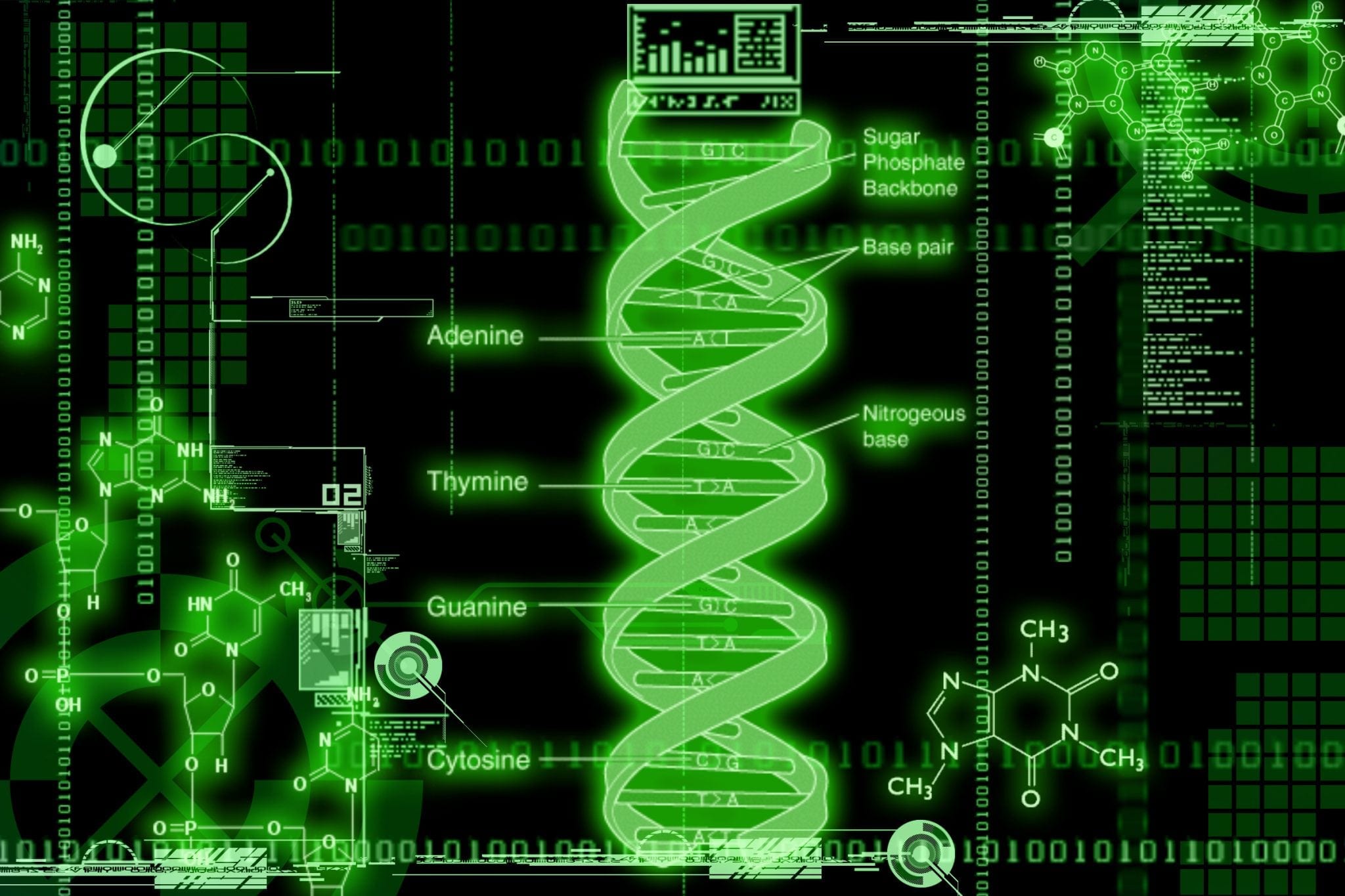Why Neutral Science Isn’t Neutral
by Blair Lee
Are there any science types reading this title wondering who I am? Or do you know who I am and think I’ve finally lost it? I am not talking about science as it is practiced and taught at most universities throughout the United States. I’m talking about the special brand of “neutral science” found in the homeschool community and increasingly in public schools in the United States.
The neutral science I’m referring to is science that suffers from omission. These are middle and high school level science courses that leave out the bits they think will offend people because of their faith and philosophy of life, or omit things to obfuscate the importance and acceptance of science principles and theories. Any middle and high school level science course that does not include the main principles and theories that are the foundation of that science is not neutral at all. In fact, they would be the opposite of neutral. “Neutral” science allows for a pernicious form of proselytizing that for the most part goes unnoticed. It allows for groups such as the intelligent design camp to sneak their views and beliefs into texts that look like they only teach science. Texts that are infused with someone’s religious beliefs are actually well-disguised religious treatise and dogma. They are not neutral, and do not represent mainstream science.
If you had told me a decade ago I would be arguing against religious extremism in science I would have thought you were nuts. I am a scientist, not a religious scholar, or a religious philosopher. As such, I write about science not religion and not philosophy. Unfortunately, there are authors of science texts who allow their faith to affect their writings about science. For someone who is a passionate advocate for the teaching of science this is actually offensive to me. It is also disappointing when I see people unwittingly recommend courses that have this sort of religious dogma hidden within them.
Personal beliefs don’t have a place in science courses. It isn’t the job of science to support an individual’s philosophical beliefs. It is the job of science to explain how the natural and physical world works, even when scientific explanations are at odds with the person’s philosophical beliefs. Science by its very nature is neutral. What is neutral for science is to report the facts, accepted principles, and current theories. As a textbook author, I do decide what to include and what not to include in my books. My decisions for this are based on what is taught at well-regarded universities. I choose the best of those courses, look at what they include and how they are structured, and then write courses structured similarly, for the appropriate grade level. This is what you should expect from a course you are using to educate your child.

Candy chromosome: Basic genetics is often left out of or under taught in neutral science courses, because a good understanding of genetics leads to an understanding of how evolution occurs.
How can you as a non-scientist figure out what to use? There are some key things to look for in a middle school or high school level science course that is truly neutral:
• The inclusion of evolution: Here is a neutral statement from the science of biology, “Evolution happens.” When we talk about the theory of evolution, the theory part refers to the processes of how evolution works. For example, there are theories about how multi-cellularity and eukaryotic cells evolved; no one knows exactly how either of these evolutionary steps occurred. That evolution occurs is a fact. No neutral middle school or high school biology course would omit it. No neutral biology course would omit how all the organisms on earth came to be here.
• Is the word design used in place of the word evolution? Fashion designers design clothes. Scientific researchers design experiments. Organisms evolve; they are not designed.
• Is the word created or creation used when discussing how organisms, the universe, or matter came into existence? Organisms evolved; they were not created. The universe and matter formed from events starting with the Big Bang; they were not created. There is simply no evidence any of these were created. The only topics and statements that belong in science courses are topics and statements that have evidence supporting them. Topics and statements based on a person’s beliefs with no supporting evidence belong in a philosophy course, not a neutral science course. When scientists do not know the answers to questions, for instance: “how the first organism evolved, and what its exact chemical makeup was” or “what was it like right before the Big Bang,” it is inappropriate to answer with personal beliefs.
• The inclusion of the Big Bang Theory: Here’s a neutral statement from the science of astronomy, “The universe is over 13 and a half billion years old. The best explanation for how it came into existence is the Big Bang Theory. The evidence for the Big Bang Theory grows all the time. The Big Bang Theory explains how all matter and antimatter in the universe came to be, even the matter that makes humans.” This is a scientifically neutral statement. An astronomy course that does not include an explanation similar to that about the Big Bang Theory is not neutral.
• Another neutral statement, “Humans have been burning fossil fuels in increased amounts since the Industrial Revolution. This has led to an increase in carbon dioxide and other molecules in the atmosphere that absorb sunlight in the form of heat. The more heat trapping molecules that are in the atmosphere, the more heat that is trapped, and the warmer the planet becomes. It is simple thermodynamics. The increase in absorbed sunlight is causing climate change on a global scale.” Any geology or environmental science course that does not include this topic is not neutral.
• Does the middle or high school level biology course only teach the old Linnaean system for classifying organisms? This is the system that uses kingdom, phylum, class, order, family, genus, and species. This might seem like a minor point, but scientists and universities only use the Linnaean system for naming organisms. The Linnaean system is popular with courses that are not neutral because it supports the philosophy of the “Great Chain of Being.” The modern method for classifying organisms used by scientists and taught at universities is phylogeny and cladistics.
You might think chemistry and physics are immune and you don’t have to worry about these two subjects. The problem is what is being left out. What key parts of these courses are omitted? As Bob Seger says, “Deadlines and commitments; What to leave in, what to leave out.” If scientists are writing these courses, and I’m not always sure they are, what are they committed to? No scientist committed to adequately educating people in these areas of science would omit these facts and theories. They must be omitting key parts of these science disciplines to further an agenda other than quality science education.

Here’s the problem with a chemistry or physics textbook that omits key parts:
• Chemistry is the science that definitively proves evolution occurs.
• Physics is the science that gives the clearest evidence the Big Bang is how the universe came into existence.
• Physical chemistry is the area of science used to study and explain climate change.
Many of the so-called “neutral” science courses omit the parts that provide the evidence supporting these facts and theories. If you use these “neutral” science courses for your middle or high school chemistry and physics courses, your child will be left without the necessary science background to understand evolution, the Big Bang Theory, climate change, and other key science principles. If you use these “neutral“ science courses for middle school and high school biology, astronomy, geology, or environmental science, your child will not even be getting the necessary background in these areas of science to understand that science discipline. I think you’ll agree with me, that isn’t neutral at all.
Blair Lee M.S. is the the founder of Secular, Eclectic, Academic Homeschoolers. When she’s not busy doing these things, she’s busy writing or working on service projects. She is the author of the primary author for the critically acclaimed and award winning Real Science Odyssey Series, Microbiology and The Science of Climate Change from SEA Publishing, and Project-Based Learning. She has degrees in chemistry and biology.


